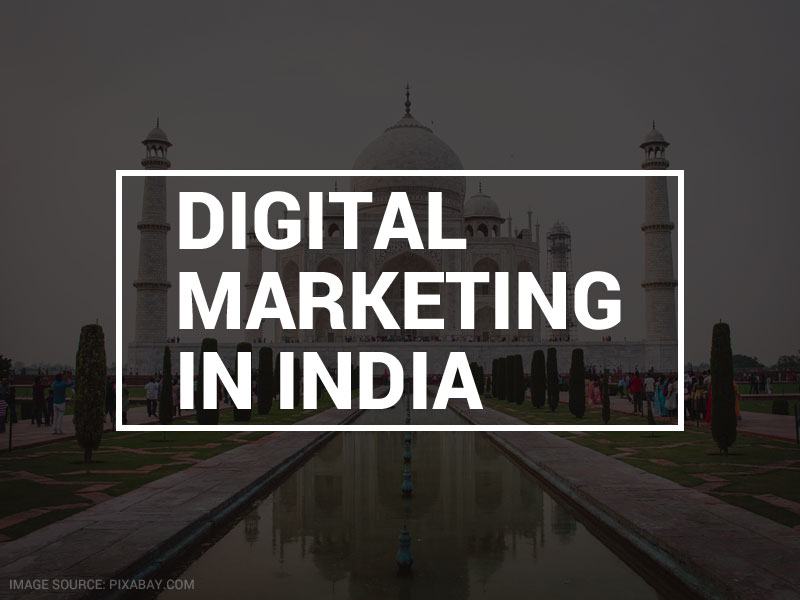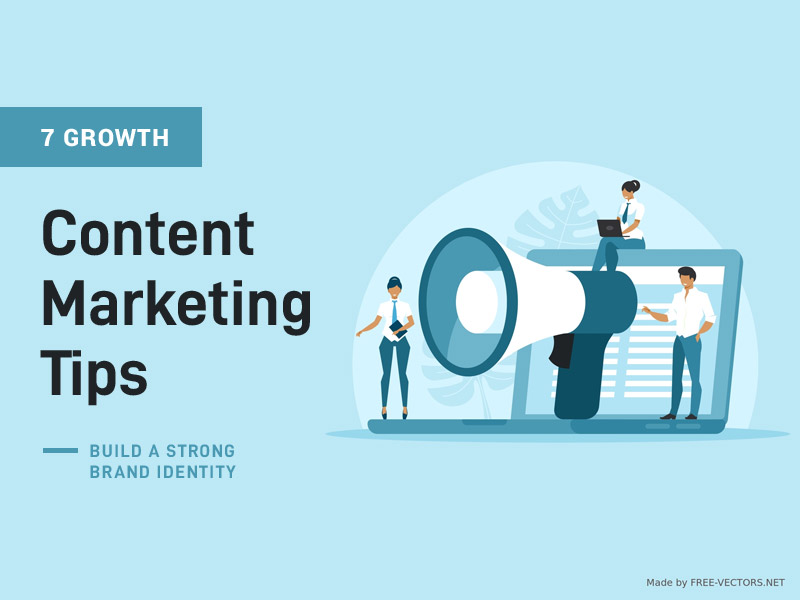When it’s time to make that pivotal decision about which marketing agency to choose for a business, it’s crucial to be thoroughly informed. A company’s marketing strategy can make or break its success. Therefore, making the right choice from the onset is vital.
This guide provides the steps required to make that choice, emphasizing the necessary considerations before making a decision.
1. Understand Your Business Goals
Before you start searching for a marketing agency in London, it’s essential to thoroughly understand your business goals. Identifying your objectives provides direction and aids in communicating with potential marketing agencies. Goals may vary and include the following:
- Brand Awareness: Are you striving to increase your brand visibility and recognition in the market? This goal could involve targeting new demographics or expanding into new locations.
- Customer Retention: Do you want to keep your existing customers engaged and loyal to your brand? This might require a specific marketing strategy tailored to your current customers’ preferences and behaviors.
- New Product Launch: Are you introducing a new product or service to the market? An agency with expertise in planning and implementing successful launch campaigns will be needed.
- Market Penetration: If you’re aiming to gain more market share in your industry or penetrate a new market, you’ll need a marketing agency with specific expertise in competitive analysis and market strategy development.
By defining these goals, you can effectively match your needs with an agency’s services, ensuring a more beneficial partnership. It also guarantees that the agency you choose can create a successful digital marketing strategy that directly addresses your objectives, thereby increasing the potential for success.
2. Define Your Marketing Budget
Once your goals are well-defined, the next step is to determine your marketing budget. Understanding how much you can afford to spend is crucial when evaluating potential marketing agencies. There’s no point in engaging agencies beyond your budget range. It’s also critical to ensure your budget aligns with the anticipated return on investment.
3. Identify Agency Capabilities
Different agencies have expertise in various marketing areas. Some might be experts in digital marketing, while others focus on traditional advertising methods.
An agency’s capabilities should align with your company’s needs and target audience. Do your research and shortlist agencies that demonstrate strengths in areas necessary to achieve your business objectives.
4. Look For Industry Experience
After identifying potential agencies, evaluate their experience in your industry. Agencies familiar with your business sector already understand the market dynamics, competition, and target audience. They’re better equipped to create campaigns that resonate with your customers. For example, if you were a business in the outdoor industry, you might prefer to work with someone like Origin Outside, who know what it takes to build a great brand within this sector and how to connect with both new and existing customers.
5. Check Their Track Record
A marketing agency’s past performance is a reliable indicator of its capabilities. Analyze their case studies, client reviews, and the results they’ve accomplished for other businesses. You should opt for an agency that can demonstrate consistent success in their campaigns.
6. Evaluate Communication Style
Effective marketing strategies hinge on excellent communication. Make sure the agency’s communication style complements your own. A lack of clarity or misunderstandings can give rise to unnecessary complications and unsatisfactory results. Remember, you’ll be working closely with this agency, so seamless interaction is key.
7. Assess Their Creativity
Creativity is a crucial component of marketing. An agency capable of thinking outside the box can help your business distinguish itself from the competition. Examine their prior work, note the innovative ideas, and inquire how they nurture creativity within their team.
8. Understand Their Contract Terms
Contracts can be laden with legal terminology, which may make them daunting and confusing. Ensure you grasp all the terms within the agreement fully, and if needed, seek professional advice. The key elements to consider include:
- Scope Of Work: This defines the tasks the agency will perform. Ensure that everything you’ve discussed is included and that there are no gaps. Remember, if it’s not in the contract, it’s not guaranteed.
- Payment Terms: This section details how much you’ll pay, when, and how. Be clear on whether it’s a flat fee, cost per hour, or a commission-based agreement. Beware of any hidden fees or potential hikes in cost.
- Performance Metrics: The contract should specify how the agency’s performance will be measured. This could include specific key performance indicators (KPIs), goals, or benchmarks. Having these in the contract helps hold the agency accountable.
- Exit Clauses: Understand the terms under which either party can terminate the contract. This includes the notice period required, any penalties involved, and what has happened to the work completed so far.
By comprehending the contract terms thoroughly, you protect your business from potential misunderstandings or disagreements in the future. It’s an indispensable step in selecting the right marketing agency.
9. Consider Long-Term Potential
A long-term relationship with a marketing agency can yield better results as the agency becomes more familiar with your business. Consider the agency’s potential for long-term collaboration to help your business grow. Are they capable of adapting to changes in your business environment? Are they committed to staying updated with new marketing trends?
Conclusion
Making the right selection for a marketing agency involves careful thought, consideration, and due diligence. The process requires clarity about your business goals and budget and understanding what different agencies can offer. It also involves evaluating their communication style, creativity, contract terms, and long-term potential. The choice you make could significantly sway your company’s trajectory, so invest time in making it right.







